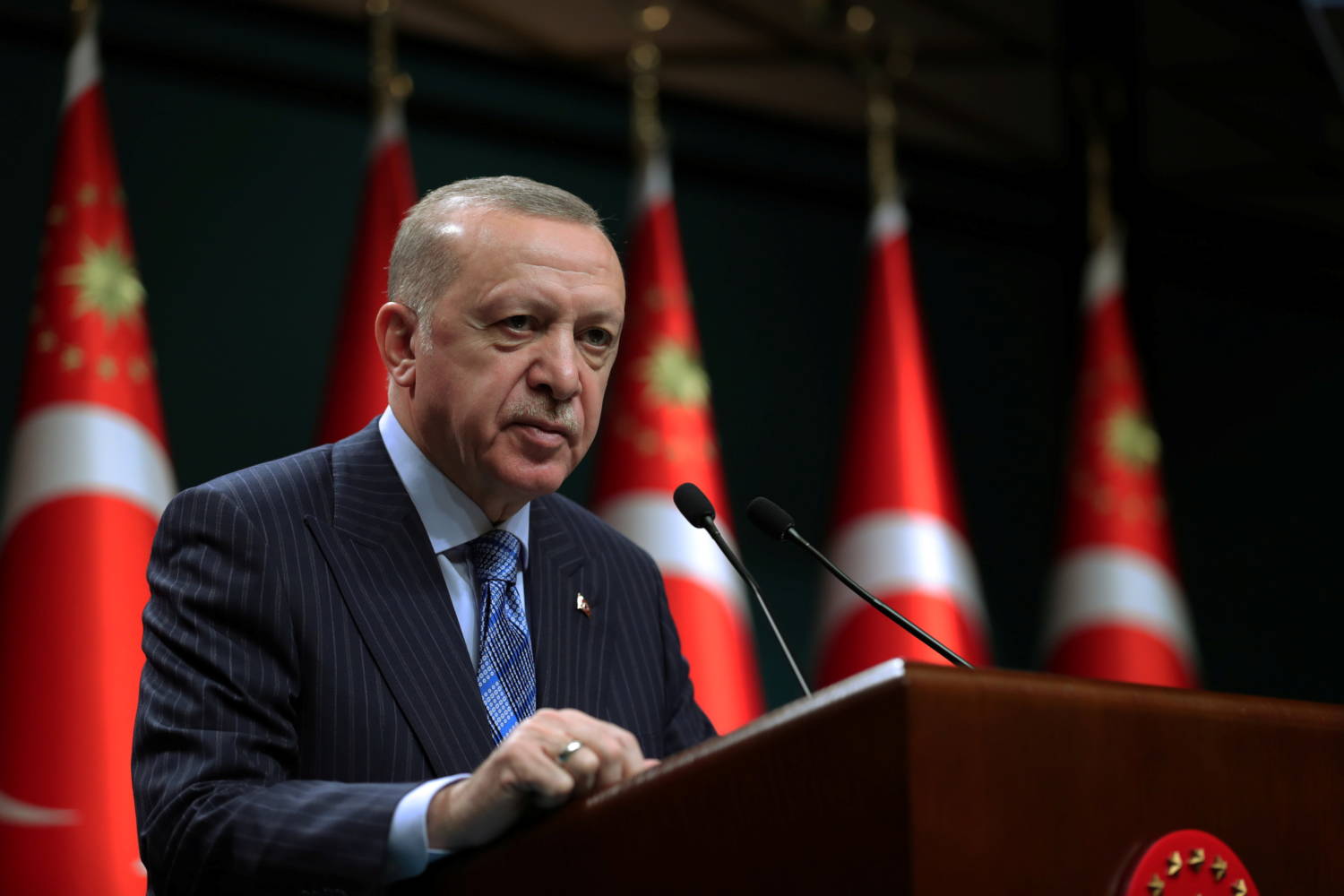Turkey’s Ministry of Foreign Affairs has abruptly ended the post of nine honorary consuls, including those working for Belgium, Austria, Sweden and the UK, despite requests by some of the countries to maintain them in their posts.
The Foreign Ministry did not offer a reason for Friday’s decision, but the honorary consuls who talked to Al-Monitor said that they thought the reason, at least for half of them, was their criticism toward the Turkish government and its policies both in speech and on social media.
“I was told that it was because of my social media posts that criticized the government,” said one ex-consul of an EU country speaking on condition of anonymity. “I know that at least some of the representations requested the MFA to reconsider their position, but they met with a strict no.”
The claims that the social media posts played a role in the ministry’s decision to strip the honorary consuls of their posts come at a time when social media users in Turkey regularly face harassment, censorship or arrest over comments critical of President Recep Tayyip Erdogan and the government.
Even old social media posts may prove to have long shadows. Earlier this year, journalist Melis Alphan faced charges of “spreading terrorist propaganda” over a photo that she posted on social media of the 2015 Newroz celebrations in the southeastern province of Diyarbakir.
Similarly, thespian Genco Erkal faces four years of imprisonment for several social media posts, one of which dates back to 2016. He is charged with insulting the president with a post that asked him to “display his university diploma.”
Topics such as corruption within the government and speculation on the health of the president may lead to detention or firing.
On Nov. 3, the Turkish directorate general of security announced that it had launched a probe into social media posts under the hashtag #olmus (he is dead) that speculated about the health of Erdogan, which has become a particularly sensitive topic, particularly after Foreign Policy ran an article on whether the Turkish president was “too sick to lead Turkey.”
Unlike professional diplomats, honorary consuls, whose status is also governed by the Vienna Convention on Consular Relations, have judicial immunity only in respect to acts performed in the exercise of their functions. These functions are mainly to boost bilateral trade and cultural ties, as well as carry out consular affairs such as issuing visas.
During the Ottoman Empire, the honorary consuls, chosen among the resident Greeks, Venetians and other non-Muslims, played a strong role in the Western powers’ relations with the empire, particularly in terms of trade and in relations of the Great Powers with local Christian communities. There are currently more than 120 honorary consuls in Turkey, some of which are high-profile Turkish businesspeople.
The honorary consuls, usually contracted for a five-year term, are chosen by the country they represent but need the approval of the host country’s Foreign Ministry to start and continue their functions. Five years ago, in the wake of an unsuccessful coup, the Foreign Ministry overhauled the diplomatic list to weed out businessmen who allegedly had links with US-based cleric Fethullah Gulen.






